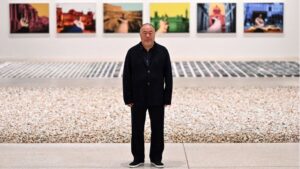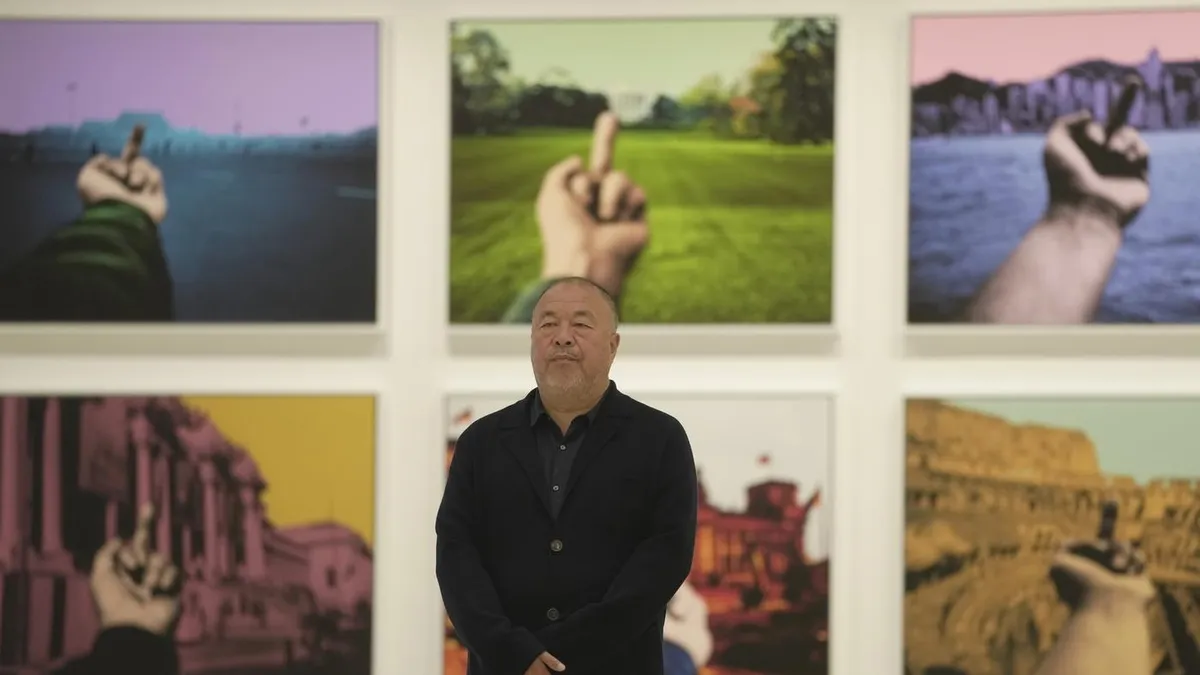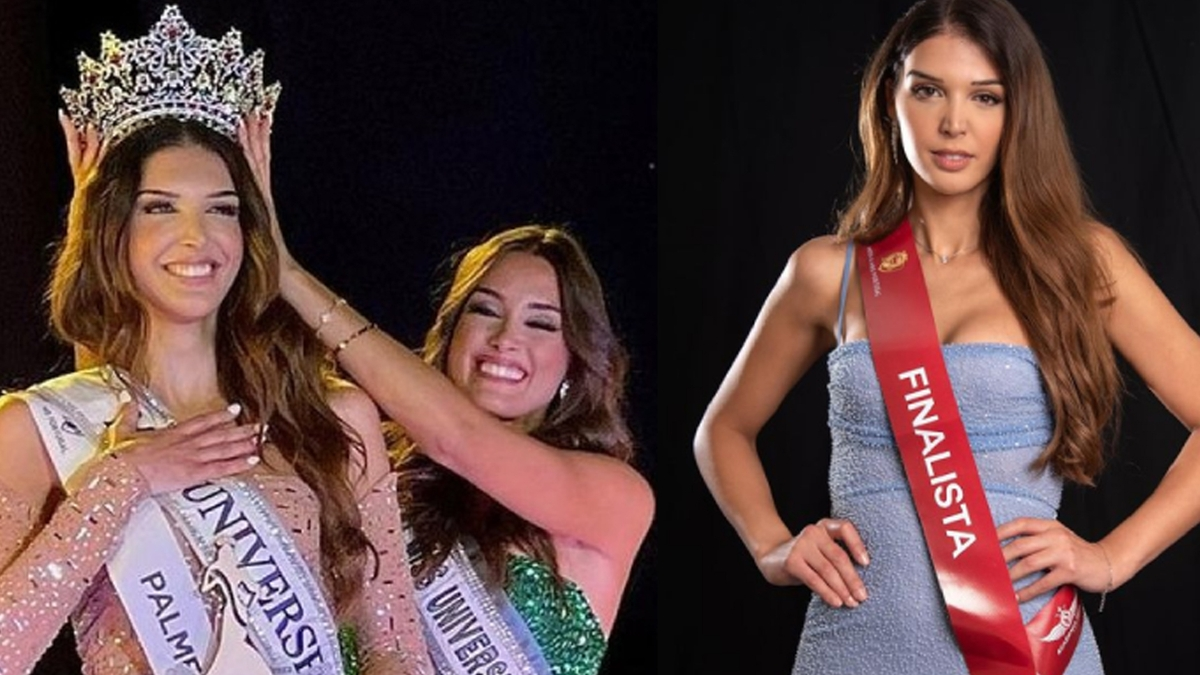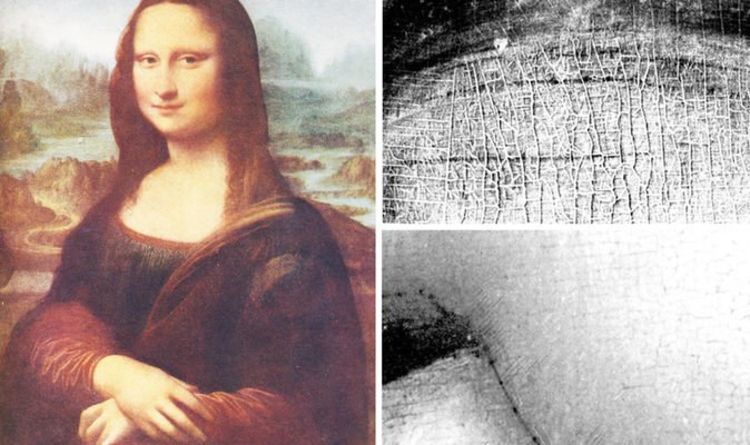So, Ai Weiwei, the art powerhouse, had his exhibition axed right before the grand opening. Why? Well, he got into a bit of hot water after firing off a tweet about the US and its role in the Gaza war.
His tweet, which he later deleted, seemed to touch a nerve. It mentioned feelings of guilt about the persecution of Jewish people and how that guilt might have shifted to the Arab world. He dove into the financial, cultural, and media sway of the Jewish community in the US, also highlighting the long-standing $3 billion aid to Israel from the US. That tweet seemed to stir the pot big time.

Ai Weiwei: Art Rebel
This guy’s no stranger to stirring up trouble where it matters. Ai Weiwei’s all about taking a stand, whether it’s against China’s rulers or supporting the Palestinian cause. His art? It’s a mirror reflecting the world’s political mess. His latest gig at Lisson Gallery was set to unveil a Lego portrait of Julian Assange, part of a series speaking volumes about power struggles, truth, and censorship.
The Big Blow Ai Weiwei: Exhibition Cancelled
But here’s the kicker—the Lisson Gallery decided to pull the plug on Ai’s show. They said it wasn’t the right time for his thought-provoking art. Their statement threw shade on any discussion that could be seen as anti-Semitic or Islamophobic. They argued that now’s the time to focus on ending the suffering in Israel and Palestine, not getting into sensitive debates.
Twitter vs. Art World
Ai Weiwei’s no stranger to social media showdowns, but this time, his words seemed to have crossed a line. Usually, he’s sharing stuff from other people, not necessarily putting out his own thoughts. But this time, his words about the Jewish community’s influence in the US might have hit a nerve. It could easily be seen as spreading harmful ideas about Jewish people, and that’s a big no-no.
Art, Free Speech, and Controversy
This whole mess raises some serious questions. Artists, writers, and curators are walking a tightrope these days, especially when it comes to supporting Palestine. Some say it’s crossing the line into anti-Semitism, stirring up worries about what’s okay and what’s not in the art world. Ai Weiwei himself had something to say. He’s all about encouraging diverse opinions, even if they’re not the popular ones. For him, shutting down different voices is like putting a lid on freedom of speech. To him, losing the freedom to think and speak freely is like the end of the world.
Wrap Up
Ai Weiwei might’ve lost his chance to showcase his art this time around, but the bigger picture here is about more than just one exhibition. It’s about the clash between speaking your mind and avoiding crossing certain lines, especially in the art world. For Ai Weiwei, it’s crystal clear—stifling different voices is a one-way ticket to the end of free thought and expression.


